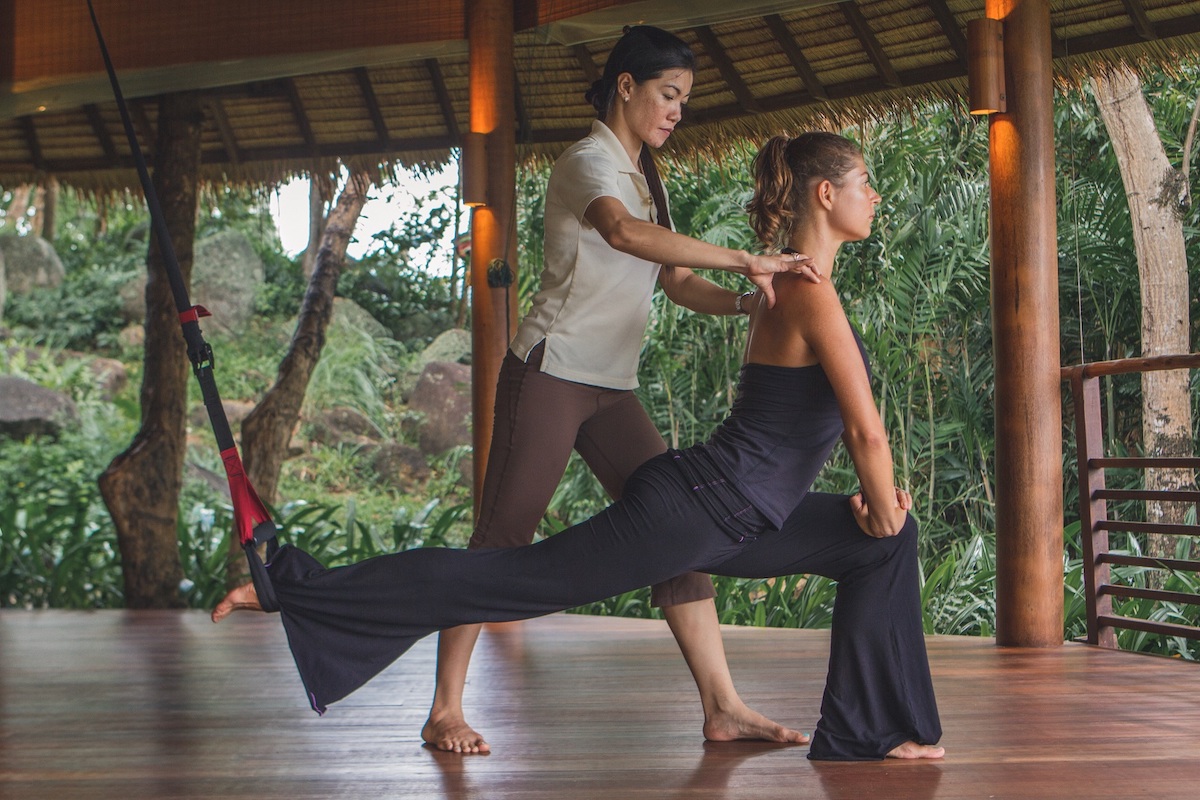Healthy habits are incredibly helpful because they allow us to conserve energy.
Every day, we make so many choices which require energy for the brain to think about, process and finally conclude the right choice.
By relying on habits for some of these decisions, we are conserving mental and emotional energy that can then be utilized for creative thinking, planning and problem-solving.
What makes a habit healthy?

A healthy habit is a repetitive behavior or thought pattern that moves us in the direction of greater physical, emotional, mental or psychological health. For example, exercise is a healthier habit than being a couch potato, as is drinking lots of water versus drinking sugary drinks or too much alcohol.
We may think that coffee isn’t a good habit, yet caffeine does have some health benefits. It’s whether we are consuming too much of it that matters. What is the right amount for our nervous system, our personal sensitivity to caffeine and our sleep patterns?
When it comes to ‘go-to’ healthy habits, my top five tips are:
- Aim for eight hours of solid sleep every night. It’s restorative and critical for optimal brain performance, emotional equilibrium and longevity. If you are currently getting six hours, aim for seven and build up to eight.
- Exercise, along with sleep, will have the greatest impact on longevity and health. Twenty-to-30 minutes of brisk walking a day is the minimum. If you are already doing this, increase the intensity, frequency and incorporate strength training on a regular basis, which is also beneficial for brain health. Liver health is also vital!
- Drink less coffee. Many of us overuse coffee as a way to get through the day, but you will actually have elevated energy when you sleep more and exercise regularly. If you drink three cups of coffee, reduce it to two and eventually one and try to drink it before noon.
- Make time to socialize with the important people in your life. Spend quality time with them on a regular basis and make it a priority. A supportive social circle of family and friends reduces stress and builds emotional and mental resilience. It is also a pillar for long-term happiness.
- Ensure that your daily food choices include fresh fruits and vegetables, quality protein and low sugar. Avoid refined sugar to keep energy levels high. Instead, look to nutritious fresh foods for greater vitality.
When we are doing these five things – we have slept well, we are not caffeinated to the max, we have exercised, we are eating well and we have social relationships that are supportive – we are fulfilled and balanced.
At work, we see a much higher level of mental performance, emotional stability, physical energy and vitality. It contributes to better leadership, clearer thinking, our ability to solve problems is increased, we are more creative in our solutions, and all of this leads to more emotional intelligence and creativity.
Conversely, when we don’t take time to prioritize healthier habits and fall into unhealthy patterns of behavior, it eventually catches up with us.
This may show up on a physical, emotional or social level – not having the richness of meaningful connections when we really need them, people won’t be there for you if you haven’t been there for them.
We are resilient and adaptable, but only to an extent. There is a tipping point. We can get away with not exercising or not getting enough sleep for some time, but eventually the consequences will begin to show and it can create a snowball effect.
In times of high stress, our lateral thinking disappears, which means creative options for problem-solving disappear, too. We develop tunnel vision. Our ‘fight-or-flight’ stress response is ignited and suddenly we don’t have access to all of the internal possibilities and all the mental options we would usually have in order to solve problems.
How do we create healthier habits?

Choose one habit at a time, otherwise you will find it difficult to sustain them simultaneously.
Choose an area of your life that needs more attention – for example, physical fitness is mine. Set a goal that isn’t overwhelming, such as a 30-minute walk and then break it down into bite-sized chunks that are achievable, such as starting with three times a week and increasing the regularity and duration.
Schedule it in and protect that time. Prep yourself, so there are minimal obstacles to maintaining a new habit.
For example, you may get your walking clothes ready the night before, so there is one less step to do in the morning. This prevents any resistance to actually doing exercise.
Then, ensure that you do the new habit repetitively. There are many schools of thought on how long it takes to create a new habit. I settle at 30 days but, for some, it could be 21 days or even up to 45 days.
If your habit is disrupted, just get back up and say, “That was today. I’ll be back on tomorrow.” At Kamalaya Wellness Sanctuary & Holistic Spa, we see many of our guests using their time with us as course correction, to reset their habits and embrace a healthier new direction. But you don’t need to wait for the right place or time.
While it’s traditional to start new habits at the start of a new year, any time is the right time to embrace healthier habits. Most importantly, the time is right when you are ready and recognize the need to course correct and embark on a fresh direction.







